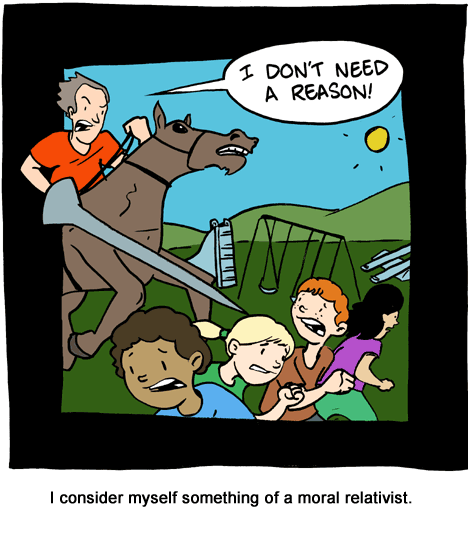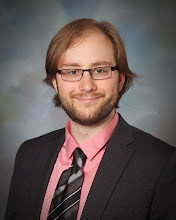It is probable that all the world's governments will be more or less completely totalitarian even before the harnessing of atomic energy; that they will be totalitarian during and after the harnessing seems almost certain. Only a large-scale popular movement toward decentralization and self-help can arrest the present tendency toward statism. At present there is no sign that such a movement will take place...
A really efficient totalitarian state would be one in which the all-powerful executive of political bosses and their army of managers control a population of slaves who do not have to be coerced, because they love their servitude. To make them love it is the task assigned, in present-day totalitarian states, to ministries of propaganda, newspaper editors and schoolteachers.
This was written in 1946, a year after Hiroshima, at the height of Harry Truman and Josef Stalin; Huxley is understandably pessimistic. How did we escape his prediction of a totalitarian future? The newspaper editors were as cowardly and lazy as he predicted, the schoolteachers retained a near-monopoly on the development of the youth, and the ministries of propaganda were in full swing.
The answer, in my mind, lies in the message that we were trying to send through these outlets. The red scare and the Cold War in general gave these brainwashing institutions more than enough to deal with. In order to portray the Soviets as negatively as possible, we had to portray totalitarianism in a somewhat negative light, and exalt freedom and liberty more than we might have otherwise. I have seen this argument used to explain the shift against immigration; in the 1980s, it was okay for Reagan to grant amnesty to the illegal immigrants - by showing off the great number of people who wanted to come to our glorious nation, we could differentiate ourselves from the Soviets, where people were dying to leave.
I also think that credit should be given to Eisenhower; as of right now he is my favorite president of the 20th century. Electing a man who had as much firsthand experience in the horrors of war is the best way to avoid more wars. (Though I'm not going to claim this for John McCain; he is thirty-plus years removed from war and seems to have forgotten how bad it was - his reaction to the recent Guantanamo ruling proves that.)

